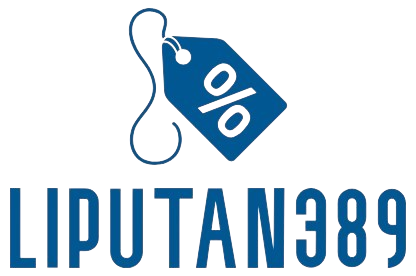Expectant women in mining who want to work well into their pregnancies now have a safer, more comfortable workwear option thanks to a Sudbury company.
Timed to coincide with Women’s History Month, Covergalls has launched a line of maternity workwear, consisting of a button-up work shirt and a cargo pant that expands as a woman’s belly grows.
“I’m really excited for this new addition to our collection. So many women have had to create makeshift solutions due to lack of options and inaccessibility to proper PPE, myself being one,” Alicia Woods, the company’s CEO and founder, said in a news release.
“Creating maternity workwear that companies and suppliers can provide to their employees? It’s a step in the right direction towards greater workplace equality.”
The shirt features a longer front to cover a woman’s growing belly, along with a tab hem and two snaps, which enable the wearer to adjust the shirt waist as their body grows.
The pants incorporate a rib-knit front panel and high waist, similar to other maternity pant designs, which can be pulled over an expanding belly.
Made of a flame-resistant polycotton/polyester blend, the pieces feature reflective tape for high visibility and meet all Occupational Health and Safety standards.
CINTAS, a uniform rental and laundering company with a location in Sudbury, has signed on to make the maternity wear available for clients.
In an interview, Woods said the idea was inspired by a 2019 trip she made to Yamana Gold’s Jacobina Mine in Brazil.
Asked to speak to the mine’s employees about inclusive workplace designs, Woods said he was pleasantly surprised when he arrived to find a sea of female faces reflected back at him.
“It’s not what I expected — they had a lot of women in their workforce,” Woods said. “It was great. It was refreshing.”
During their discussions, the topic of pregnancy and workwear came up, and that got Woods thinking.
Returning to Sudbury, she and her team canvassed clients and partners, and their feedback confirmed that the issue was one they’d heard from women before, so they began working on designs.
Sign up for the Sudbury Mining Solutions weekly newsletter here.
They also teamed up with an expectant woman working in the industry who agreed to try out the garments through the course of her pregnancy, amending the designs according to her input.
Woods said there’s currently nothing else like this on the market.
“We recognize, as a company, that it’s a very niche market, but staying true to who we are and why we’re here, it’s very fitting for us to make sure that we provide inclusive workwear to all,” Woods said.
“For women who are expecting, they want to be recognized for the work that they do and don’t have restrictions because they don’t have the proper workwear.”
The maternity line is the latest “first” for the Sudbury company, which has been pioneering workwear for women since it was launched a decade ago.
When it first hit the market in 2013, the Covergall — a one-piece high-visibility coverall — was unique for its custom features, including a tailored fit, a rear trap door for easy bathroom use, and velcro tabs around the waist.
Last fall, the company created and launched a high-visibility, sustainable T-shirt manufactured using fabric made from recycled plastic bottles. Traceability — from when the plastic bottles are collected all the way to the making of the fabric — is built into the manufacturing process.
It’s taken time and patience to educate clients on the need for women-centred workwear, Woods said, but after a decade, people are finally starting to get it.
“A lot of the people that we were dealing with in the organizations were male, so they weren’t experiencing that issue,” Woods said. “But when we said, ‘Would you put your daughter in your workwear every day, all day?’ it made them think.”
Now the company is developing a unisex line of workwear that can appeal to anyone seeking comfortable, well-fitting and safe workwear for the job.
Also in the works is a sustainability program that would enable women to return gently used maternity items for a credit toward new workwear.
After women have finished wearing them, maternity pieces that are returned to the company will be laundered, repaired, and offered for resale as part of a “preloved” campaign.
Because women only wear items for a limited time, Woods said, many will still be in good condition and can be reused.
“We haven’t worked out the details yet, but we want to do our part in creating a more sustainable product line, and I think offering that recycling takeback program is going to be a piece of that,” she said.
Woods said that, down the line, the company may consider extending that program to the rest of the pieces in the Covergalls catalogue.
